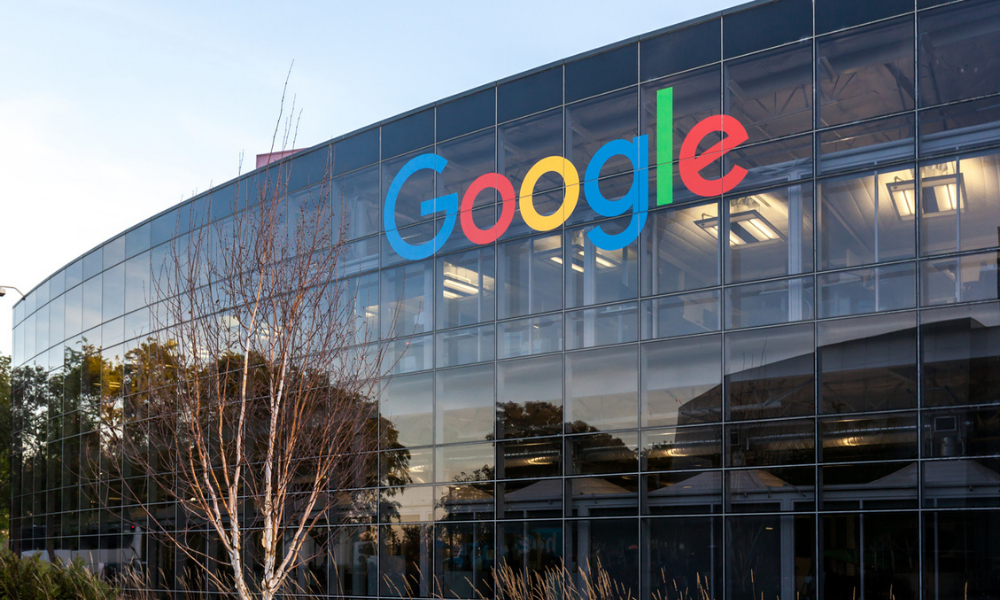The arbitral tribunal, not the court, should decide the validity of an arbitration agreement: court

The BC Court of Appeal has ruled that an arbitral tribunal, not the court, should decide the validity of an arbitration agreement involving Google and Apple.
In Spark Event Rentals Ltd. v. Google LLC, 2024 BCCA 148, Spark Event Rentals commenced a proposed price-fixing class action against Google and Apple. The controversy before the BC Court of Appeal involved Spark’s challenge against an arbitration agreement with Google and Apple, asserting that it is unconscionable and contrary to public policy.
The chambers judge stayed the action in favor of arbitration, applying the competence-competence principle. This principle generally mandates that jurisdictional challenges to arbitration should be decided within the arbitration setting. It allows an arbitral tribunal to rule on its own jurisdiction, including objections to the validity of the arbitration agreement.
The chambers judge did not find any exceptions that would warrant deviation from this principle in Spark's case, resulting in the need for Spark to convince the arbitral tribunal that the arbitration agreement is invalid, should they wish to revive their proposed class proceeding.
The appeal focused on whether the judge erred in staying the action to allow the jurisdictional challenge to be addressed within the arbitration. The court noted that the case involves a legal threshold question about who has the authority to decide the challenge to the arbitration agreement's jurisdiction rather than on the underlying substantive issues of the case, such as price-fixing allegations.
The court explained that the relevant statutory framework comes from the International Commercial Arbitration Act (ICAA), which provides that courts must stay legal proceedings if a party to an arbitration agreement commences them in respect of a matter agreed to be arbitrated unless the arbitration agreement is found to be null and void, inoperative, or incapable of being performed.
The Court of Appeal examined the principles set out by the Supreme Court of Canada in Uber Technologies Inc. v. Heller, 2020 SCC 16, which provided the analytical framework for deciding when courts should assume jurisdiction over arbitration challenges. This includes assessing whether the competence-competence principle should be displaced due to exceptional circumstances, termed in Uber as the "brick wall framework," where access to arbitration might be unduly restricted.
The Court of Appeal agreed with the lower court that there was no "brick wall" in this case that would prevent the arbitration from proceeding, such as prohibitive costs or practical barriers. Therefore, it held that the arbitration agreement’s challenge could be appropriately decided by an arbitral tribunal under the competence-competence principle.
The court emphasized the judicial system's deference to arbitration as a valid alternative dispute resolution mechanism. It respects the autonomy of parties to choose how their disputes are resolved, barring any compelling legal reasons to the contrary.
As a result of the appellate court's decision, Spark must present its challenge to the arbitration agreement before an arbitral tribunal unless they can establish on further appeal that exceptional circumstances justify a deviation from this established legal framework.










